Home>Gardening & Outdoor>Landscaping Ideas>Which Grass Seed Is Best For My Lawn
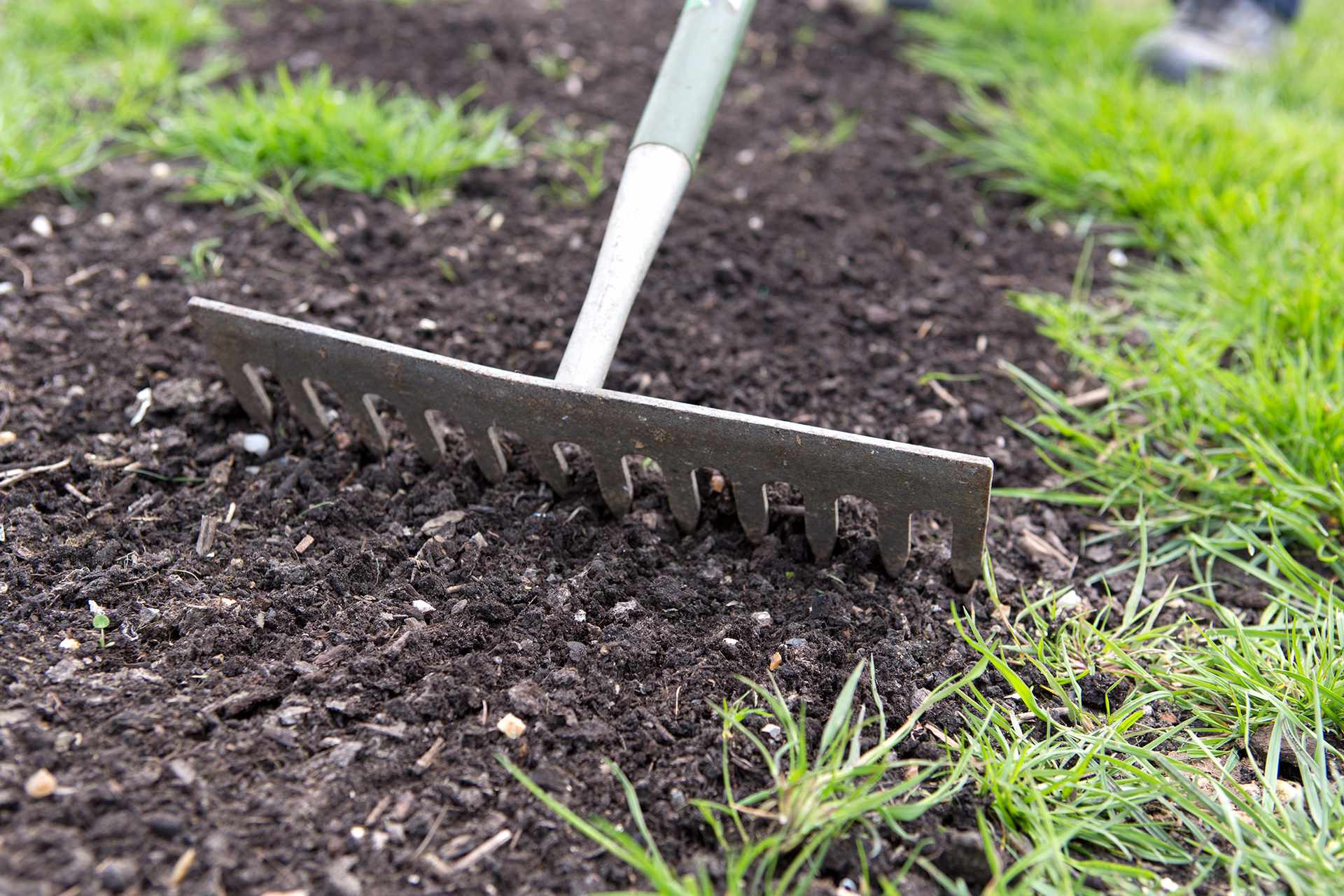

Landscaping Ideas
Which Grass Seed Is Best For My Lawn
Modified: August 20, 2024
Find the best grass seed for your lawn with our landscaping ideas. Discover the perfect solution for a lush and healthy lawn.
(Many of the links in this article redirect to a specific reviewed product. Your purchase of these products through affiliate links helps to generate commission for Storables.com, at no extra cost. Learn more)
Introduction
So, you've decided to give your lawn a fresh, vibrant look by sowing new grass seed. Congratulations on taking the first step toward a lush, green paradise right in your backyard! Choosing the right grass seed is crucial for achieving the lawn of your dreams, and it can be an exciting journey filled with possibilities.
In this comprehensive guide, we'll explore the various factors to consider when selecting grass seed, popular types of grass seed, and the best choices for specific lawn conditions. Whether your lawn basks in full sunlight, enjoys the cool shade, withstands heavy foot traffic, or faces water scarcity, we've got you covered. By the end of this article, you'll be equipped with the knowledge to make an informed decision and transform your lawn into a verdant oasis.
Let's delve into the world of grass seed and discover the key factors that will help you make the best choice for your unique lawn.
Key Takeaways:
- Choose the right grass seed based on climate, soil type, sunlight exposure, water availability, usage, and maintenance preferences to create a vibrant, resilient lawn tailored to your specific needs.
- For sunny lawns, opt for Buffalo grass, Bermuda grass, or Zoysia grass, while shaded lawns benefit from fine fescue, perennial ryegrass, or St. Augustine grass to cultivate lush greenery in varying light conditions.
Read more: What Is The Thick-Bladed Grass In My Lawn
Factors to Consider When Choosing Grass Seed
Before diving into the myriad of grass seed options available, it's essential to assess several key factors that will influence your decision. Understanding these factors will enable you to select the most suitable grass seed for your specific lawn requirements.
- Climate: The climate in your region plays a significant role in determining the type of grass seed that will thrive in your lawn. Consider the average temperature, precipitation levels, and seasonal variations to identify grass species that are well-suited to your local climate.
- Soil Type: The composition of your soil, including its pH level, drainage capacity, and nutrient content, can impact the success of your grass seed. Conduct a soil test to determine its characteristics and select grass varieties that are compatible with your soil type.
- Sunlight Exposure: Assess the amount of sunlight that your lawn receives throughout the day. Some grass species thrive in full sun, while others are better suited to shaded areas. Understanding the sunlight patterns in your yard will help you choose grass seed that can flourish in the available light conditions.
- Water Availability: Consider the availability of water for irrigation and the natural moisture levels in your area. If your region experiences frequent droughts or water restrictions, opt for grass seed varieties that are drought-resistant and require minimal watering.
- Usage: Evaluate how your lawn will be used. If it will endure heavy foot traffic from children, pets, or frequent gatherings, select grass seed that is resilient and can withstand wear and tear.
- Maintenance Preferences: Assess your willingness and capacity to maintain your lawn. Some grass species demand regular mowing, fertilization, and pest control, while others are low-maintenance and require minimal intervention.
By considering these factors, you can narrow down your options and identify the most suitable grass seed varieties for your lawn. Now that we've covered the essential considerations, let's explore the popular types of grass seed that are favored by homeowners and landscapers alike.
Popular Types of Grass Seed
When it comes to selecting grass seed for your lawn, you’ll encounter a variety of popular grass types, each with its distinct characteristics and advantages. Understanding the key features of these grass species will empower you to make an informed choice that aligns with your lawn’s specific needs.
- Kentucky Bluegrass: Known for its lush, emerald-green appearance and fine texture, Kentucky bluegrass is a popular choice for lawns in temperate regions. It thrives in cool climates and exhibits excellent tolerance to foot traffic, making it ideal for active family yards.
- Fescue: Tall fescue and fine fescue are two common varieties that are valued for their adaptability to a range of soil types and their ability to thrive in both sunny and partially shaded areas. Fescue grasses are known for their durability and low maintenance requirements.
- Perennial Ryegrass: This fast-growing grass species is favored for its rapid establishment and vibrant green color. Perennial ryegrass is often included in seed mixtures to provide quick coverage while other grass types take root.
- Bermuda Grass: Well-suited for warm climates, Bermuda grass is celebrated for its exceptional heat tolerance and resilience. It forms a dense, carpet-like lawn and is highly resistant to wear and tear, making it an excellent choice for high-traffic areas.
- Zoysia Grass: With its dense growth pattern and remarkable heat and drought tolerance, Zoysia grass is a top contender for lawns in hot, sunny regions. It boasts a luxurious, carpet-like appearance and requires minimal watering once established.
These popular grass types offer a glimpse into the diverse range of options available for homeowners seeking to rejuvenate their lawns. Whether you prioritize resilience, aesthetic appeal, or adaptability to specific climate conditions, there’s a grass variety that’s well-suited to your preferences. Next, let’s explore the best grass seed options tailored to specific lawn conditions, including sunny and shaded areas, high-traffic zones, and drought-prone regions.
Best Grass Seed for Sunny Lawns
For lawns that bask in abundant sunlight, selecting the right grass seed is essential to ensure vibrant growth and long-term resilience. Sun-loving grass species thrive in full sun and possess the capacity to withstand the heat, making them ideal choices for sunny lawns.
Buffalo Grass: Native to the North American prairies, Buffalo grass is celebrated for its exceptional heat and drought tolerance. It thrives in full sun and requires minimal watering, making it an eco-friendly and low-maintenance option for sunny lawns.
Bermuda Grass: Renowned for its remarkable heat resistance, Bermuda grass excels in sunny environments and exhibits rapid growth. Its dense, lush appearance and ability to withstand heavy foot traffic make it a popular choice for lawns that receive ample sunlight.
Zoysia Grass: With its dense growth pattern and remarkable heat tolerance, Zoysia grass is a top contender for sunny lawns. It boasts a luxurious, carpet-like appearance and requires minimal watering once established, making it an excellent choice for sunny, arid regions.
When selecting grass seed for sunny lawns, prioritize species that are specifically engineered to thrive in full sun and possess the resilience to endure high temperatures. By choosing the right grass seed for your sunny lawn, you can create a lush, verdant oasis that flourishes under the radiant glow of the sun.
When choosing grass seed for your lawn, consider the climate and soil type in your area. Cool-season grasses like Kentucky bluegrass and fescue are best for northern regions, while warm-season grasses like Bermuda and zoysia are better for southern regions. Choose a grass seed that is well-suited to your specific growing conditions for the best results.
Best Grass Seed for Shady Lawns
Shady lawns present a unique set of challenges when it comes to nurturing lush, healthy grass. The limited sunlight in shaded areas requires grass species that are adept at thriving in such conditions. Fortunately, several grass varieties are well-suited to shaded environments, allowing you to transform your shaded lawn into a verdant retreat.
Fine Fescue: Fine fescue grass species, including creeping red fescue and chewings fescue, are renowned for their exceptional shade tolerance. These grasses thrive in areas with limited sunlight and exhibit a fine texture, creating a soft, luxurious carpet of green in shady lawns.
Perennial Ryegrass: While perennial ryegrass is often included in seed mixtures for its rapid establishment, it also demonstrates good adaptability to partially shaded areas. It can complement other shade-tolerant grass species, contributing to a well-rounded lawn that thrives in varying light conditions.
St. Augustine Grass: This warm-season grass variety is prized for its shade tolerance and lush, dense growth. While it excels in warm, humid regions, it also demonstrates impressive resilience in shaded areas, making it an excellent choice for lawns with limited sunlight.
Choosing grass seed that is specifically formulated for shade tolerance is crucial for revitalizing your shaded lawn. By opting for grass species that thrive in low-light conditions, you can cultivate a vibrant, green oasis that flourishes despite the limited sunlight.
Read more: When Should I Aerate And Seed My Lawn
Best Grass Seed for High-Traffic Areas
Lawns that endure heavy foot traffic from children, pets, or frequent gatherings require resilient grass species that can withstand wear and tear while maintaining their lush appearance. Selecting grass seed specifically engineered for high-traffic areas is essential to ensure the longevity and vitality of your lawn.
Kentucky Bluegrass: Renowned for its durability and ability to recuperate from damage, Kentucky bluegrass is an excellent choice for high-traffic areas. Its fine texture and robust growth make it well-suited for lawns that experience frequent activity.
Perennial Ryegrass: With its rapid establishment and remarkable resilience, perennial ryegrass is a popular choice for high-traffic zones. It can withstand heavy foot traffic while maintaining its vibrant green color and lush appearance.
Tall Fescue: Tall fescue grass varieties are valued for their durability and ability to thrive in diverse conditions, making them an ideal choice for lawns with high foot traffic. Their deep root systems and robust nature enable them to withstand the rigors of frequent use.
By selecting grass seed that is tailored to high-traffic areas, you can ensure that your lawn remains resilient and visually appealing, even in the face of constant activity. These grass species are designed to withstand the challenges posed by heavy foot traffic, allowing you to enjoy a vibrant, lush lawn year-round.
Best Grass Seed for Drought-Resistant Lawns
Creating a lush, verdant lawn in regions prone to drought and water scarcity requires careful selection of grass seed that can thrive in such challenging conditions. Opting for drought-resistant grass species is essential to ensure that your lawn remains resilient and vibrant, even during periods of limited water availability.
Buffalo Grass: Native to arid regions, Buffalo grass is celebrated for its exceptional drought tolerance. It requires minimal watering and can thrive in dry, hot climates, making it an ideal choice for homeowners seeking a low-maintenance, water-efficient lawn.
Zoysia Grass: With its remarkable heat and drought tolerance, Zoysia grass is well-suited for regions with limited water availability. Once established, it requires minimal watering and exhibits impressive resilience in the face of drought, allowing it to maintain its lush appearance even during dry spells.
Tall Fescue: Tall fescue grass varieties are valued for their adaptability to varying soil conditions and their ability to withstand drought. Their deep root systems enable them to access moisture deep within the soil, making them an excellent choice for drought-resistant lawns.
By selecting grass seed that is specifically engineered for drought resistance, you can create a vibrant, resilient lawn that thrives in regions with limited water availability. These grass species are designed to withstand dry conditions, allowing you to enjoy a lush, green lawn while conserving water.
Conclusion
Choosing the best grass seed for your lawn is a decision that can significantly impact the overall health, appearance, and resilience of your outdoor space. By considering crucial factors such as climate, soil type, sunlight exposure, water availability, usage, and maintenance preferences, you can narrow down your options and identify grass varieties that are well-suited to your specific lawn conditions.
Exploring the popular types of grass seed, including Kentucky bluegrass, fescue, perennial ryegrass, Bermuda grass, and Zoysia grass, provides valuable insights into the diverse range of options available to homeowners and landscapers. Each grass species possesses unique characteristics and advantages, allowing you to select the ideal grass seed that aligns with your aesthetic preferences and environmental requirements.
For lawns that receive ample sunlight, choosing sun-loving grass species such as Buffalo grass, Bermuda grass, and Zoysia grass is essential to ensure vibrant growth and long-term resilience. Conversely, shaded lawns benefit from shade-tolerant grass varieties like fine fescue, perennial ryegrass, and St. Augustine grass, enabling homeowners to cultivate lush greenery in areas with limited sunlight.
High-traffic areas demand resilient grass species that can withstand wear and tear while maintaining their lush appearance. Kentucky bluegrass, perennial ryegrass, and tall fescue are well-suited for such environments, allowing homeowners to enjoy vibrant, resilient lawns that can endure frequent activity.
Creating a water-efficient, drought-resistant lawn involves selecting grass seed that can thrive in regions prone to water scarcity. Buffalo grass, Zoysia grass, and tall fescue are excellent choices for homeowners seeking to cultivate vibrant, resilient lawns while conserving water and minimizing maintenance requirements.
By understanding the unique characteristics of each grass species and considering the specific requirements of your lawn, you can make an informed decision that will transform your outdoor space into a lush, vibrant oasis. Whether you seek a sun-drenched lawn, a shaded retreat, a resilient high-traffic area, or a drought-resistant landscape, the right grass seed will lay the foundation for a thriving, verdant lawn that enhances the beauty and functionality of your outdoor environment.
With the knowledge gained from this comprehensive guide, you are well-equipped to embark on the exciting journey of selecting the best grass seed for your lawn, ensuring that your outdoor space flourishes with lush greenery and natural beauty.
Frequently Asked Questions about Which Grass Seed Is Best For My Lawn
Was this page helpful?
At Storables.com, we guarantee accurate and reliable information. Our content, validated by Expert Board Contributors, is crafted following stringent Editorial Policies. We're committed to providing you with well-researched, expert-backed insights for all your informational needs.
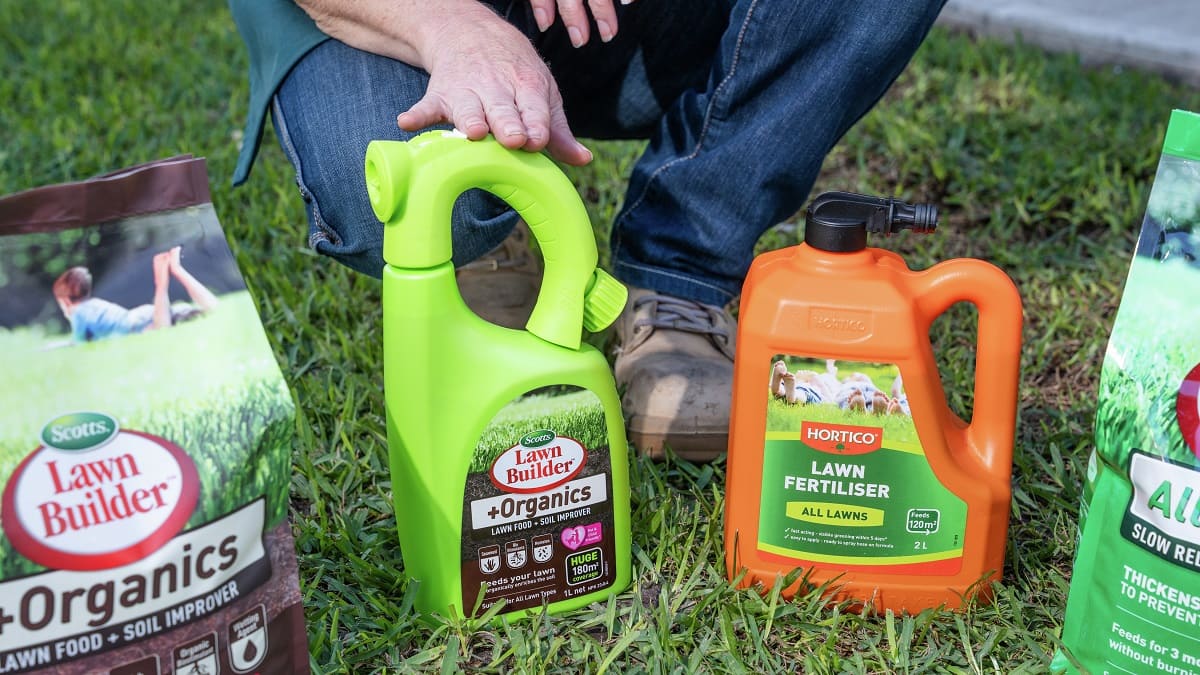
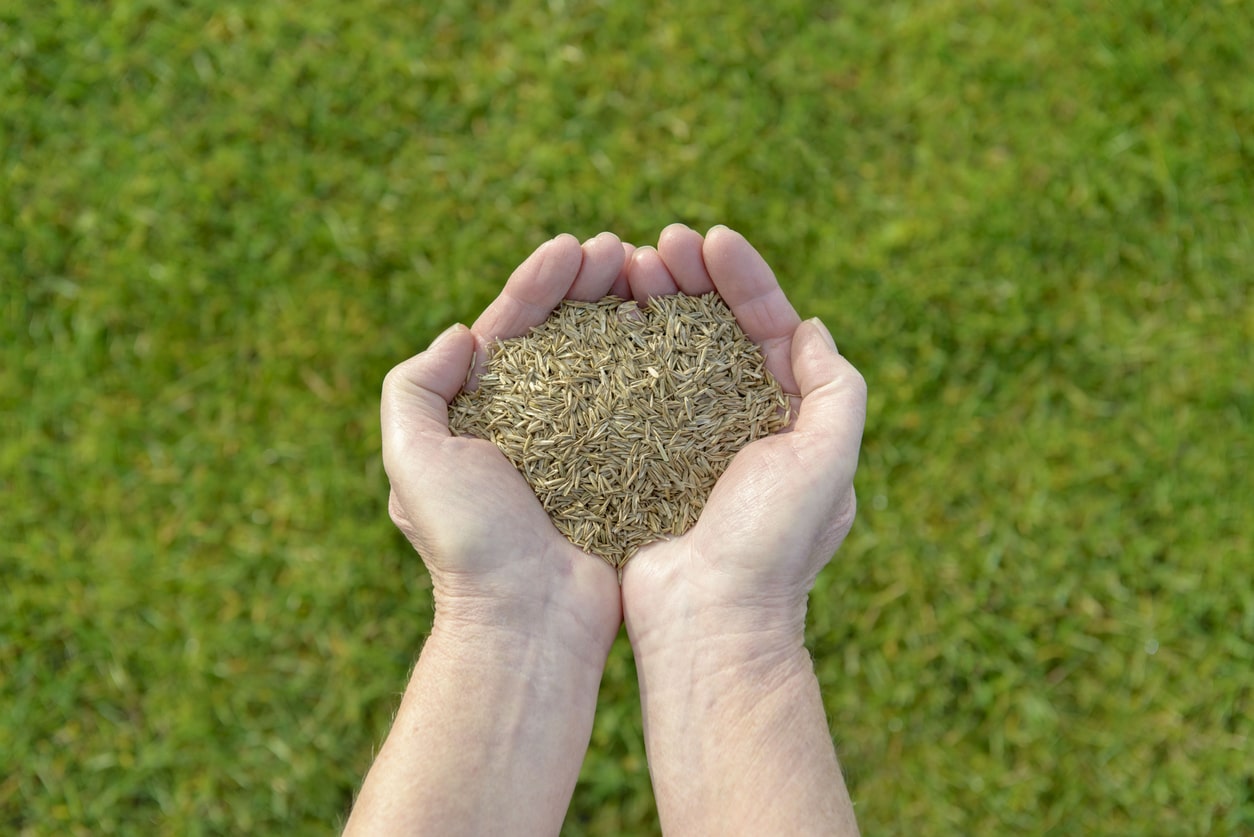
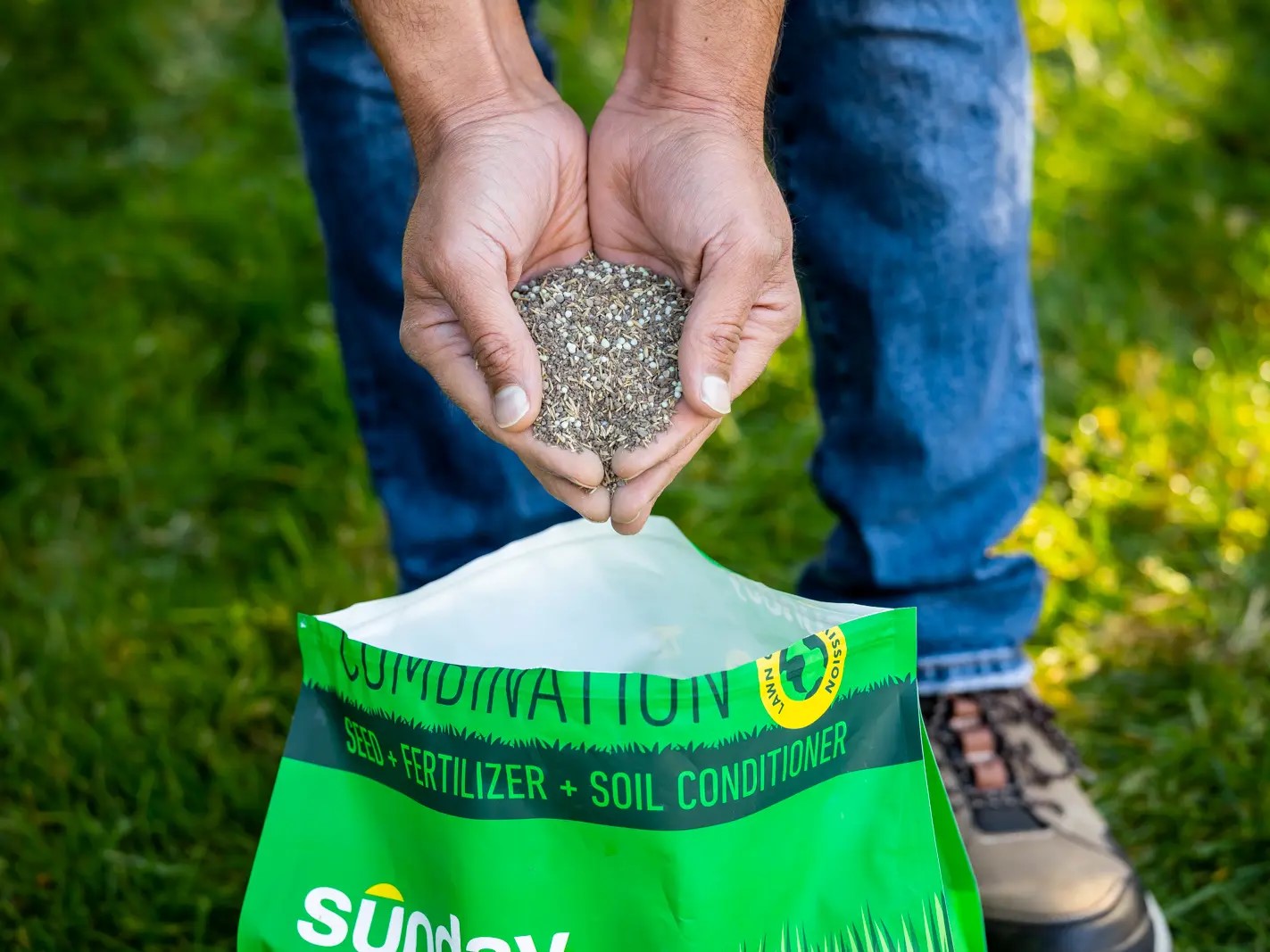
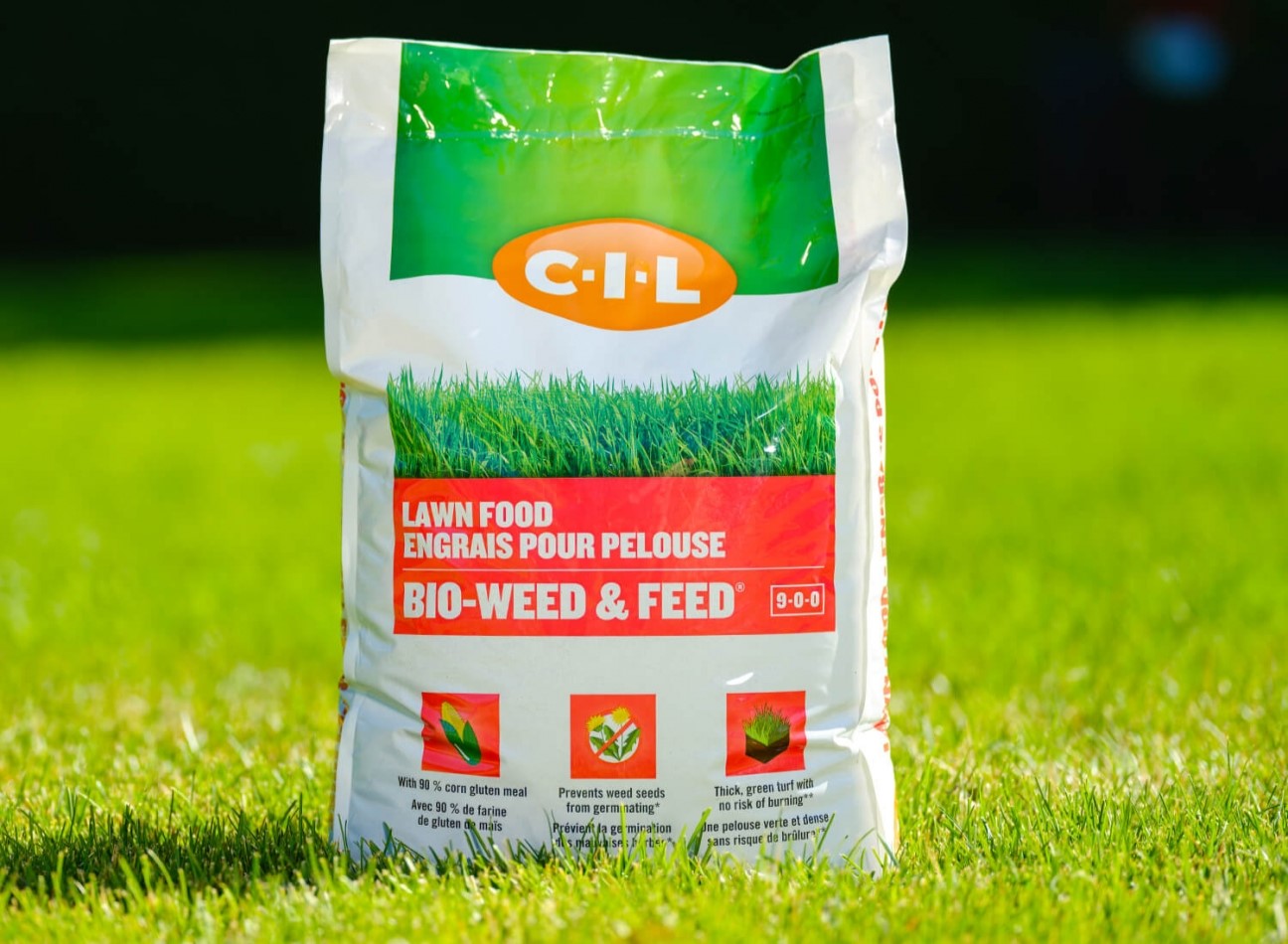
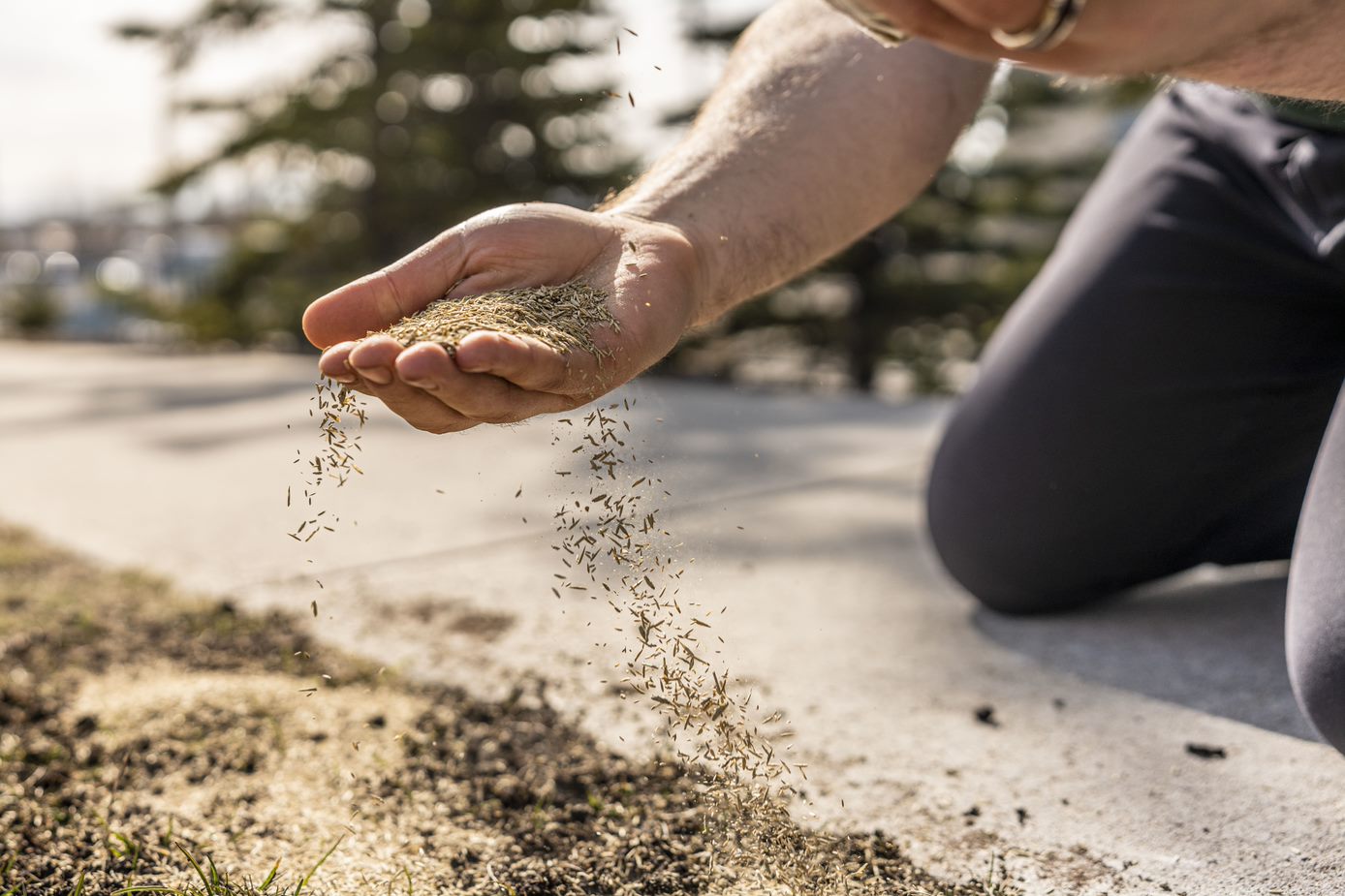
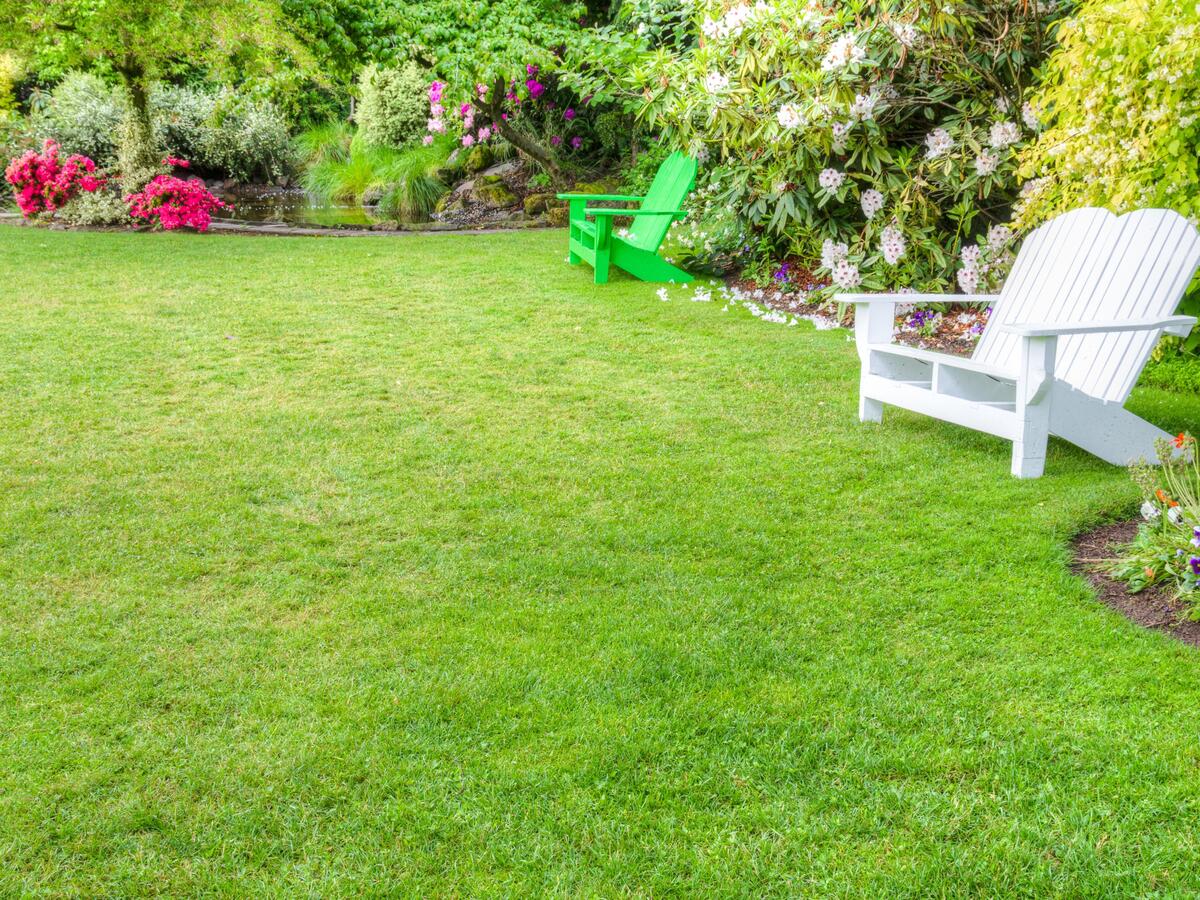
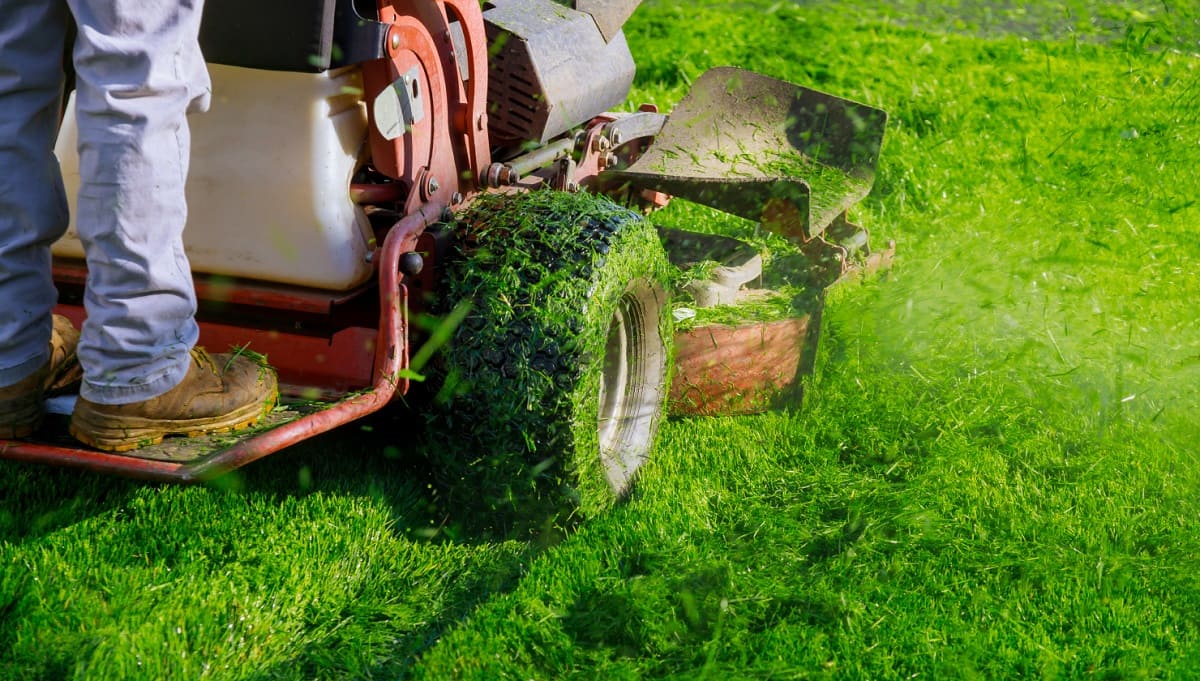
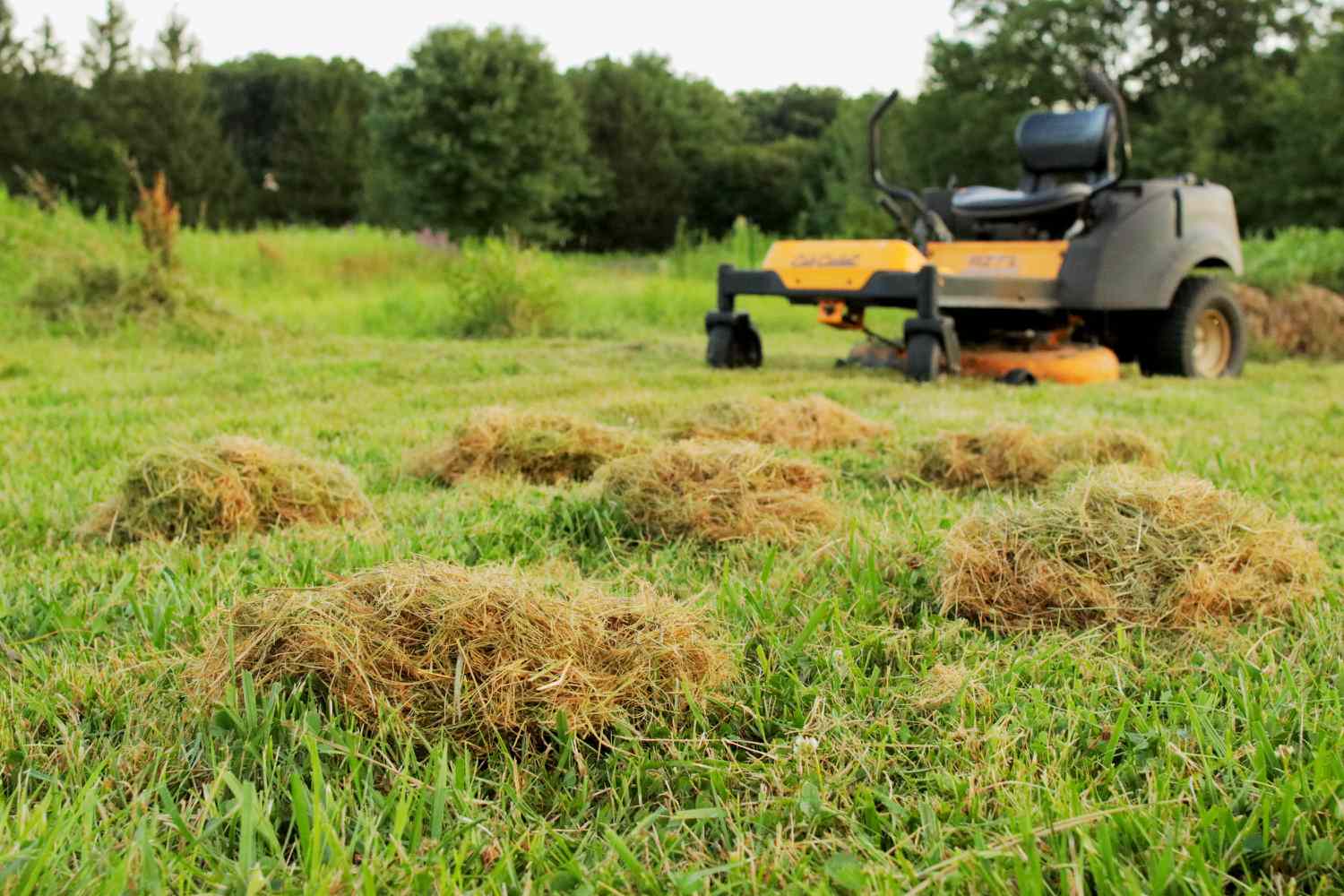
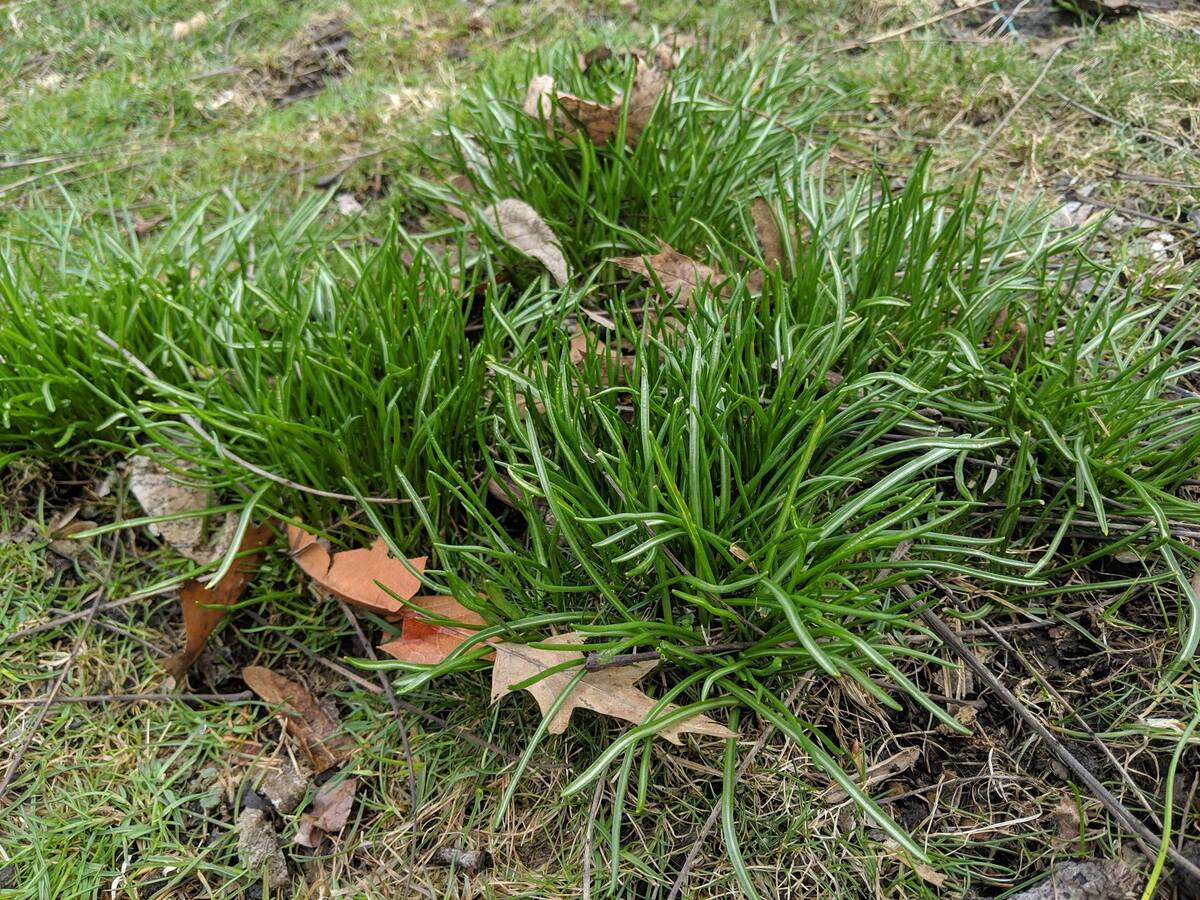
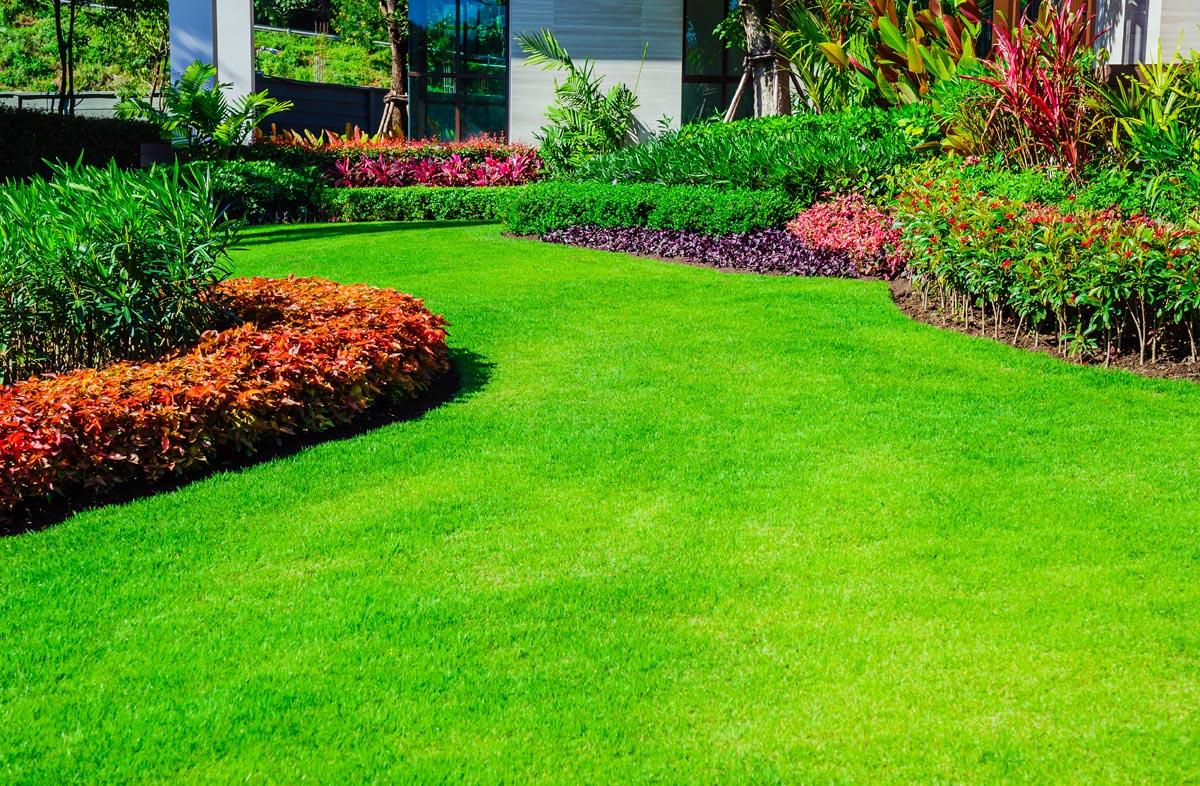
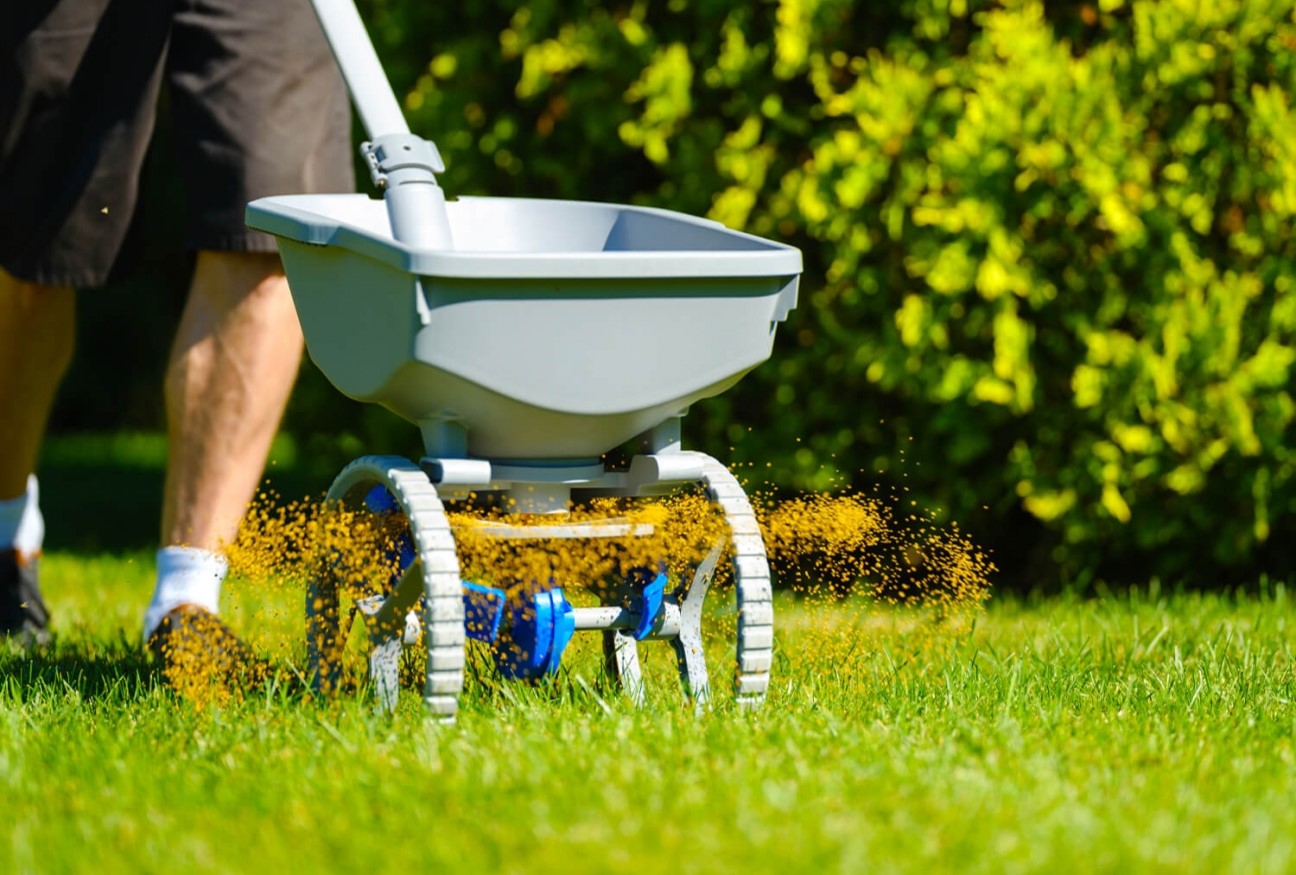
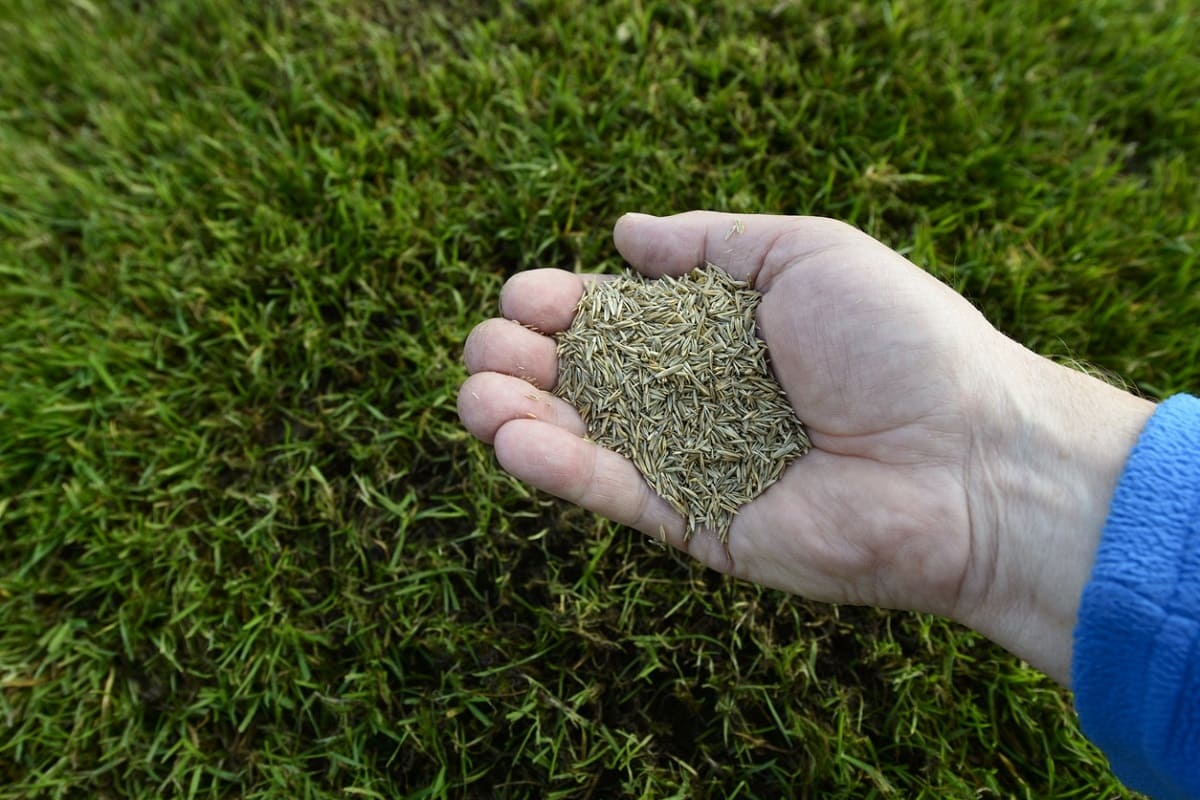
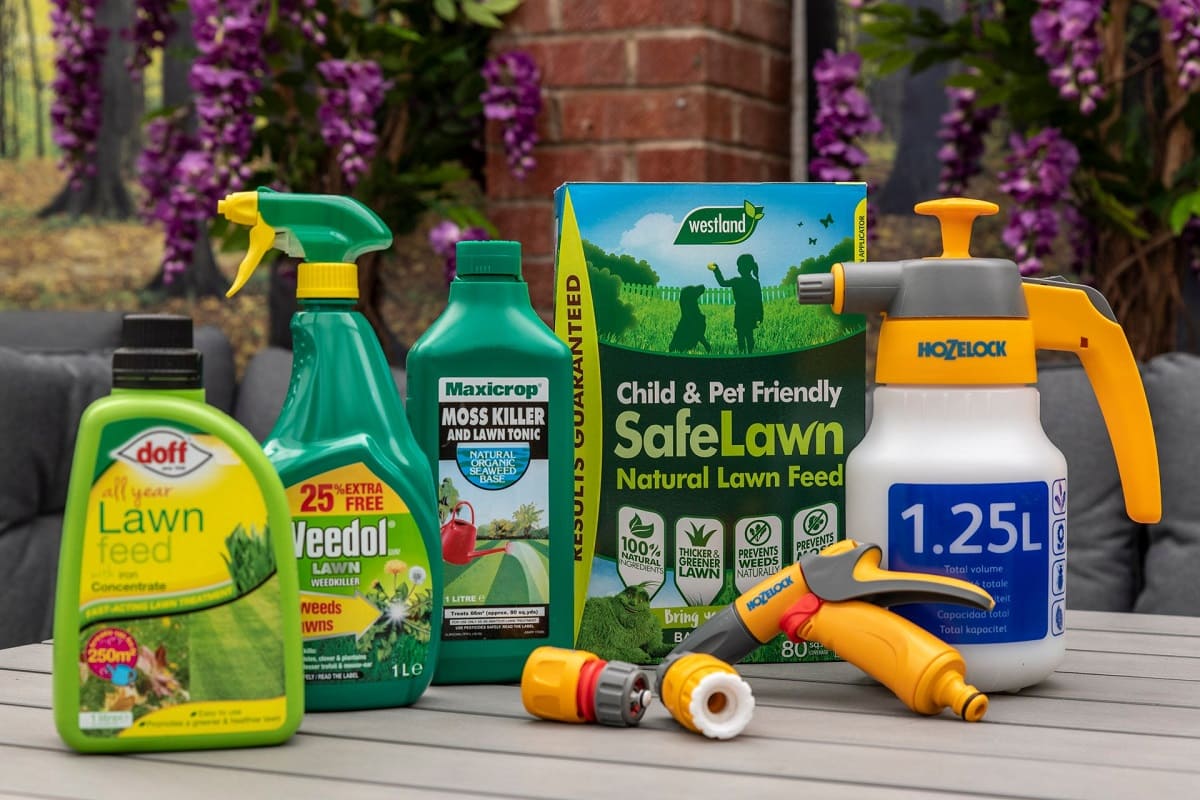
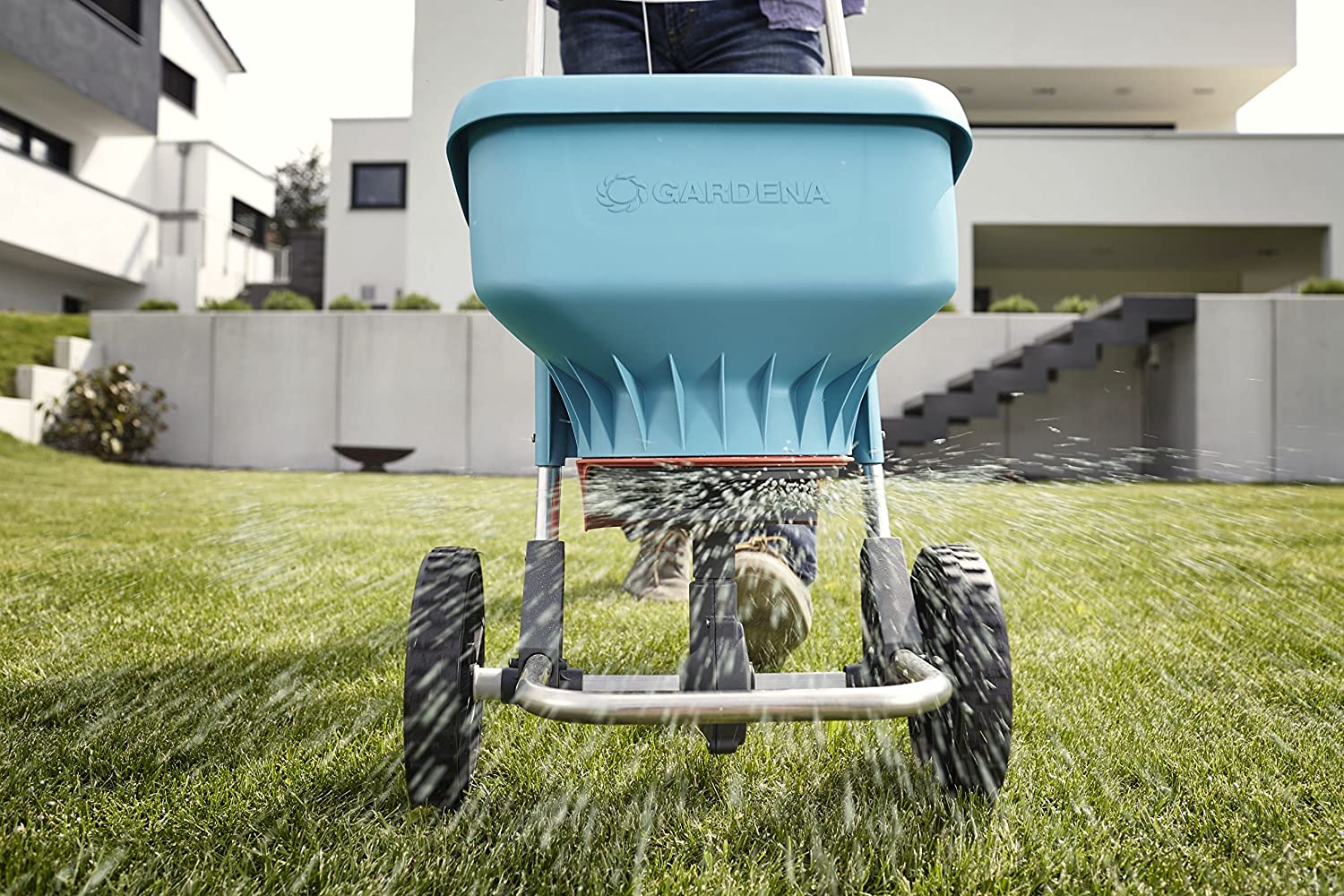

0 thoughts on “Which Grass Seed Is Best For My Lawn”